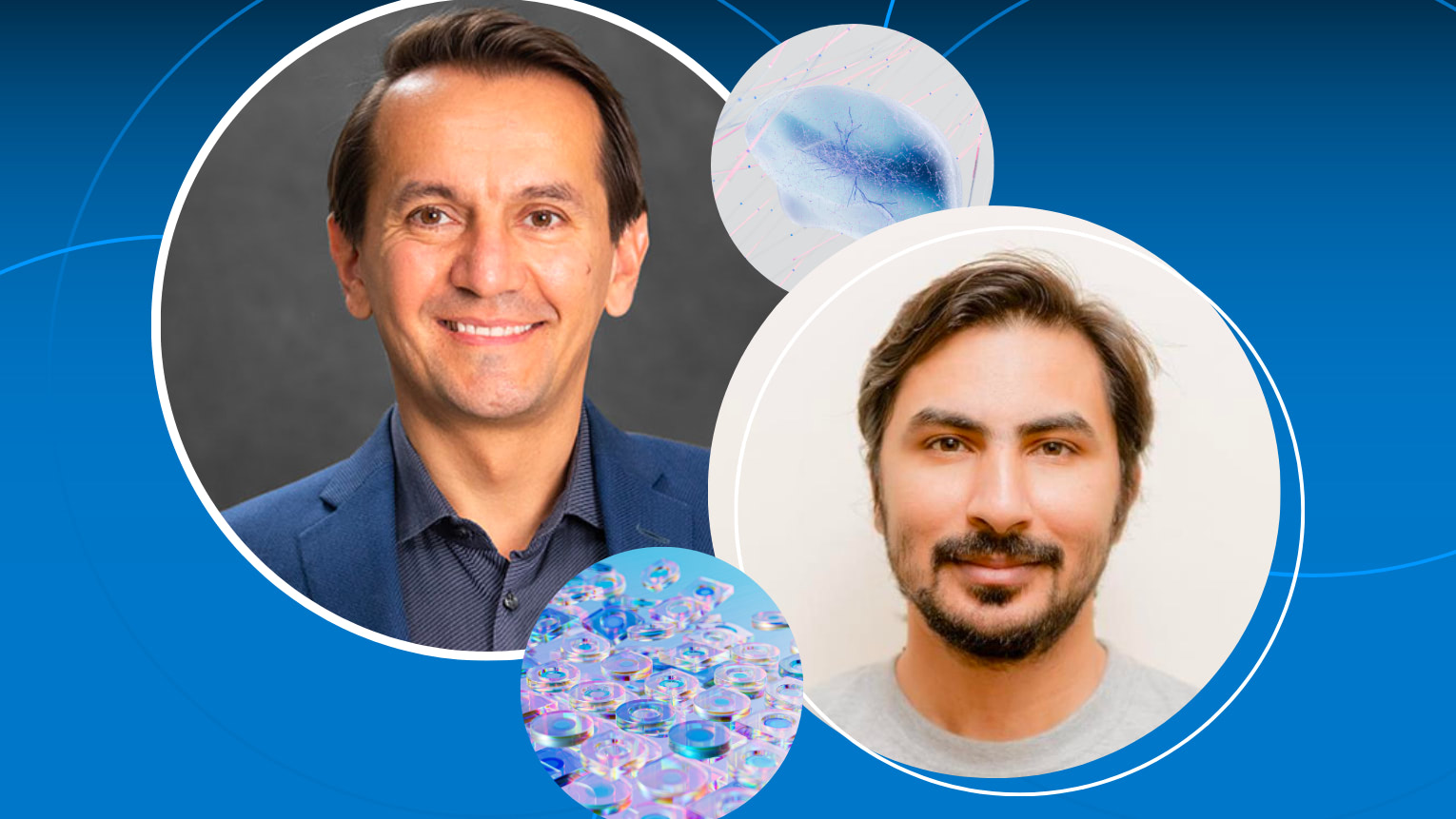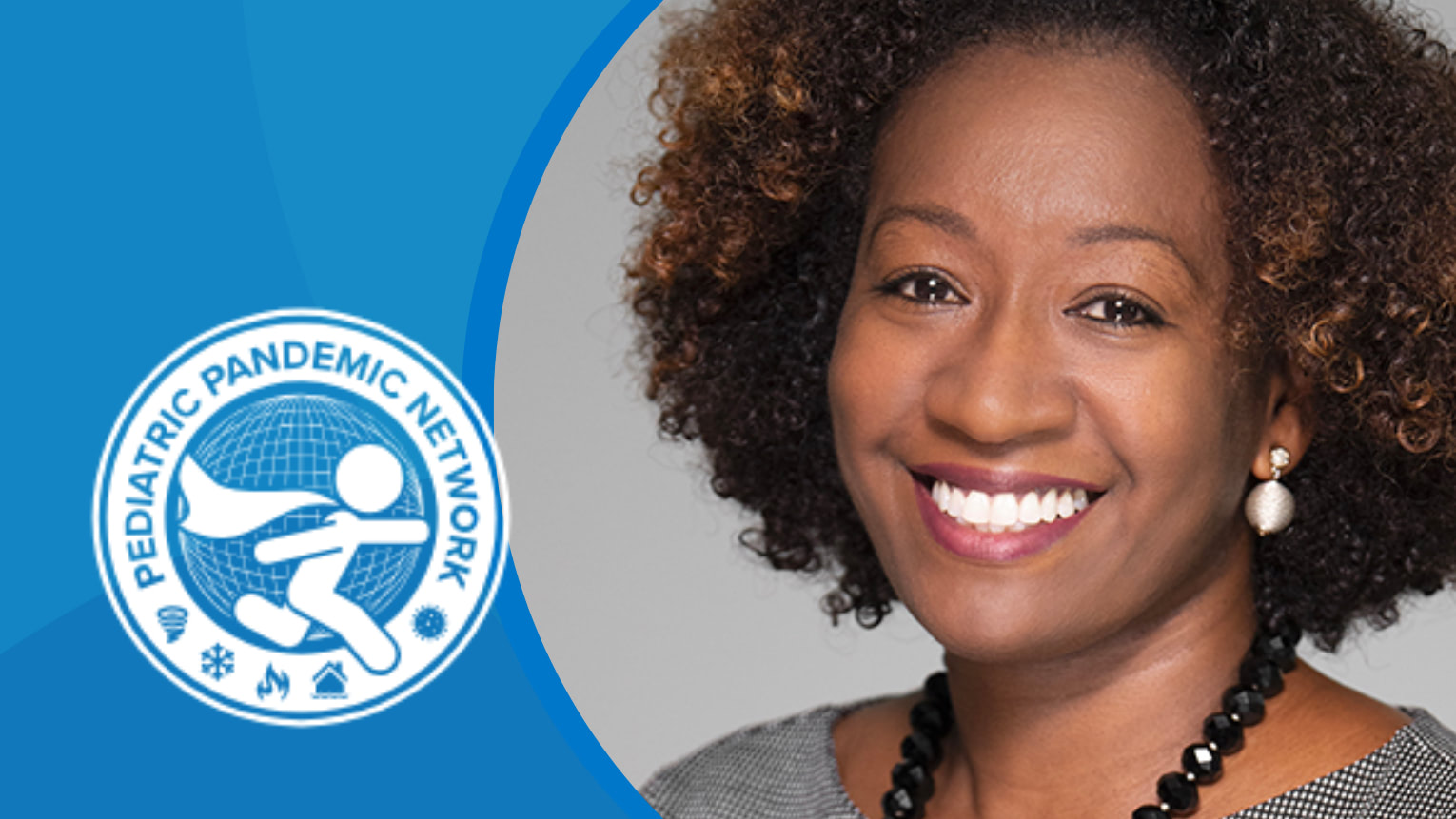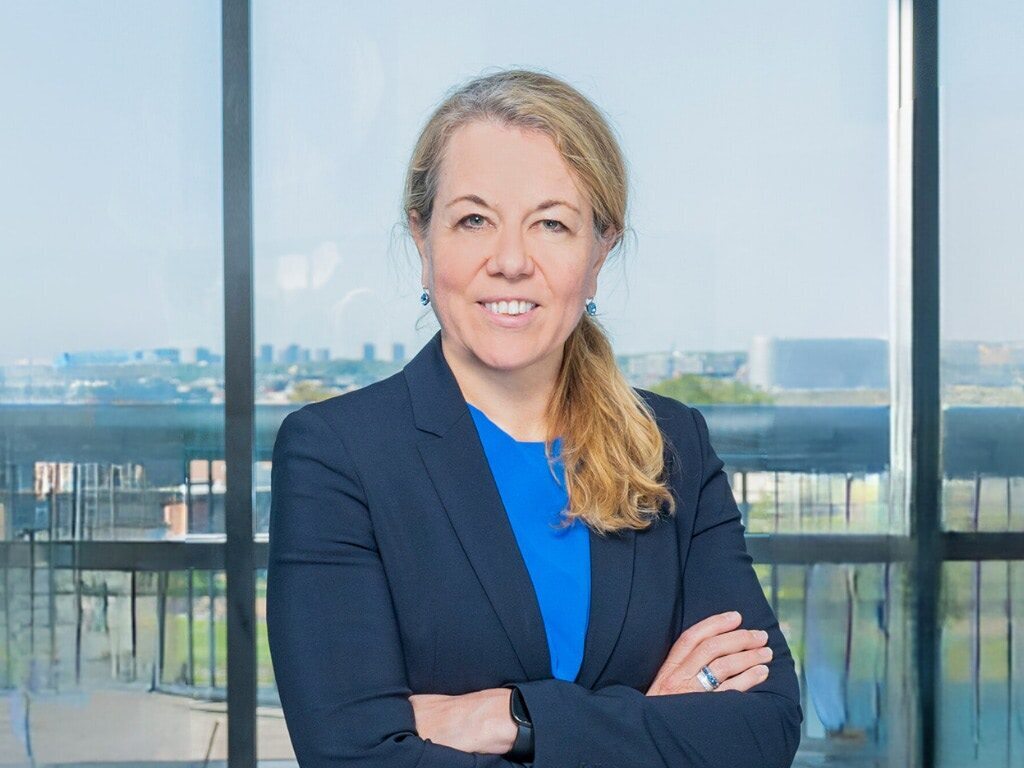CHILDREN'S NATIONAL RESEARCH INSTITUTE ACADEMIC ANNUAL REPORT 2023
'Marius-Linguraru-and-Syed-Anwar.jpg'
SZI HIGHLIGHT
The AI in pediatric breakthroughs
The Sheikh Zayed Institute for Pediatric Surgical Innovation (SZI) at Children’s National Hospital has been making significant strides in the field of artificial intelligence (AI) to improve pediatric healthcare. The institute has been hosting symposiums on AI in Pediatric Health and Rare Diseases, bringing together experts from various organizations, including co-organizer Virginia Tech, with guest speakers from Pfizer, Nvidia, AWS, Oracle and the FDA, to discuss data use for advancing pediatric medicine.
“AI is the single greatest tool for improving equity and access to health care,” said symposium host Marius George Linguraru, D.Phil., M.A., M.Sc., principal investigator at the institute. “As a population, children are vastly underrepresented in scientific research and resulting treatments, but pediatric specialties can use AI to provide medical care to kids more efficiently, more quickly and more effectively.”
Dr. Linguraru, for instance, is a global leader in harnessing the power of quantitative imaging and machine learning to rapidly and positively impact children’s health. He and his team use AI and digital technology innovations to improve global access to healthcare and the understanding of rare and newborn diseases. Their work enables clinicians to deliver care faster, evaluate responses to treatments and prevent health complications. They have positioned Children’s National as an international leader in the development of pediatric AI to ensure equitable care for all children.
This exemplary work in advancing pediatric breakthroughs is among the reasons Dr. Linguraru was named as Connor Family Professor of Research and Innovation, joining a distinguished group of 42 Children’s National physicians and scientists who hold an endowed chair.
Another of the institute’s initiatives is to build “digital twins” to test complicated surgeries. Syed Anwar, Ph.D., M.S., a researcher with extensive experience in machine learning, works alongside Dr. Linguraru and the Precision Medical Imaging Lab to increase AI capacity in all areas of pediatric care at the hospital.
The institute has also received a $1.6 million grant from the Bill and Melinda Gates Foundation to boost MRI access globally for neonatal health, bringing together a consortium of scientists and clinicians from around the world to harness the power of AI and expand the reach of diagnostic imaging. Dr. Linguraru and his long-time collaborator, Natasha Lepore, Ph.D., principal investigator at The Saban Research Institute at Children’s Hospital Los Angeles, will analyze data from the brains of children from birth for maternal and child health studies in low-resource areas. The MRI data analyzed will form the basis for future studies of children’s development in health and disease.
The institute has also been collaborating with other organizations to expand health education in Kenya using generative AI. This initiative, winner of a Grand Challenge award from the Gates Foundation, works to improve health outcomes in Kenya through mobile technology coupled with large language models. Additionally, the institute has been involved in essential AI training both at home to train clinician-scientists at the hospital and at the AI in Imaging Summer School in Africa to train African researchers and students in AI and machine learning.
This year, again, the Children’s National Sheikh Zayed Institute for Pediatric Surgical Innovation has been at the forefront of using AI to improve pediatric healthcare. Its initiatives, collaborations and symposiums have brought together experts from various organizations to discuss the use of data for the advancement of pediatric breakthroughs in medicine.
Going forward, Dr. Linguraru and others stressed the need to design AI for kids rather than borrow it from adults to ensure medicine meets their unique needs, noting that scientists will need to solve challenges, such as the lack of data inherent in rare pediatric disorders and the simple fact that children grow. “Children are not mini-adults,” Dr. Linguraru said. “There are big changes in a child’s life.”

